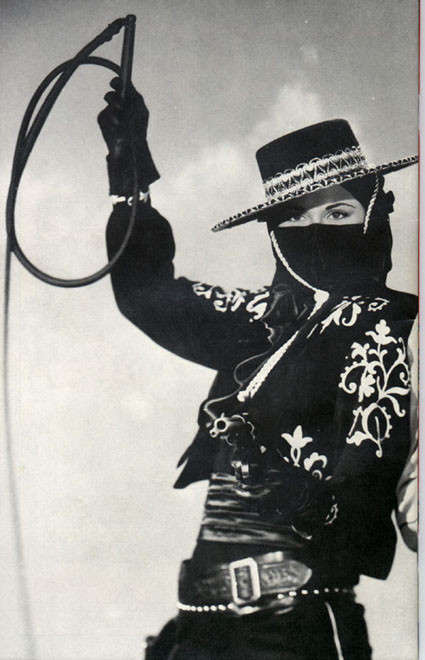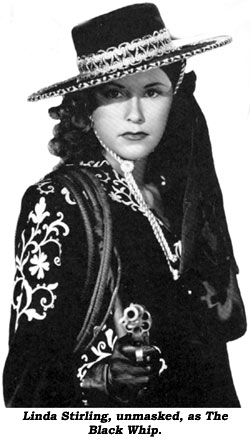
Italian film director and screenwriter Lina Wertmüller passed away on December 9th. The award winning, pioneering woman filmmaker is best known for Seven Beauties, The Seduction of Mimi, Love and Anarchy, and Swept Away...
By Cynthia Parsons McDaniel
I cannot believe how long Lina Wertmuller’s real name,
Arcangela Felice Assunta Wertmüller von Elgg Spañol von Braueich is!
“I know they call me a crazy lady, but I’m only interested in making movies and having people see them,” Said Lina.
To say she was ahead of her time is the biggest understatement EVER said about a female director.
How did I end up interviewing her in Rome? Mainly because I was chasing my British boyfriend who had left me in New York to go work in Milan for Gianfranco Ferre. How did I get Lina’s phone number to even request the interview? Who knows? All I know is I was there on her patio with my camera and tape recorder. Then I was on her movie set working!
Yes she was the first female nominated for an Oscar and yes she covered ruthlessly and magnificently the battle of the sexes. Power sex Women Men! She did a star on the Hollywood Walk of Fame too That really amused her. She also got an Academy Honorary Award.
Here is my interview with her below. I was mesmerized by her. By the way I never made it to Milan or the Brit. I had seen Seven Beauties In my Cinema class in London at University. I thought I have to meet her.
LINA’S HIT JOB
BY CYNTHIA PARSONS MCDANIEL
Lina Wertmuller: “Any object that has light shining on it, that has been washed and perfumed, loses all of its eroticism.”
Lina Wertmuller is sitting on the terrace of her house high above Rome, designed by husband-architect-production designer Enrico Job. Her latest film, Camorra, is opening tonight in Naples, the very place it was shot. The phones are ringing like crazy (“Ah, Marcello, come stai?” “Ciao, Giancarlo!”) and armfuls of flowers keep passing into the house. The 56-year old director of such films as Seven Beauties, Swept Away and Loveand Anarchy is reveling in the energy — it only seems to speed up her pungent observations on life and love.
Camorra (opening this March in NYC) is a story of the streets, crime and women. The “Camorra” is the Neapolitan equivalent of the Sicilian Mafia, and Wertmuller’s project was decidedly a risky one. The dons aren’t big on unplanned publicity but Naples — a city of crowds, traffic, deals, cement and decadence — was the ideal setting for this murder mystery. Camorra is replete with typical Wertmullerian passion and violence. It’s closer to her earlier work than her more subdued study of marital jealousy (Sotto Sotto) which just ended its New York run. Camorra stars the sultry Andalusian actress Angela Molina, and America’s own Harvey Keitel, among others.
Wertmuller: “When I fall in love with a story, it’s like falling in love with a person.”
On Camorra’s themes:
“The film is dedicated to the beauty of youth and to its great fragility. For so many centuries, youth has been destroyed by high ideals—country, politics, religion. Young people are always searching for certainty, for better worlds, better paradises, but have always ended up paying a price for it. I wanted to say that it’s hard to be young. And it’s about Naples, which is a very special city to me. Mysterious.”
On Love and Sex:
“Love is from the head and then passes through to the body. Love is the dark object of desire, a hidden object. It’s not obvious. Any object that has light shining on it, that has been washed and perfumed, loses all its eroticism. Nature puts these hidden angles in us, secret paints that someone arrives at with someone else to establish a new system of sight, smell and vision. Love enters my filmmaking because when I fall in love with a story, it’s like falling in love with a person. I want to know others’ stories; my work is never autobiographical. I want to be the eyes for someone else. I’ve accepted who I am, so I can complete a project I feel strongly about. !feel passion for a story.”
On Being A Woman Director:
“In my films I’m a writer and director, and I’ve tried to interpret feminist, anti-feminist, capitalist and anti-capitalist issues as having both leftist and rightist tendencies at some point. I’m a political writer who believes everything often exists at once. I like to pit the capitalist against the proletarian under the veil of symbolism and depict characters who must continually choose between a life of honor and sheer survival. I’m really the first woman director to consistently gain enough backing to produce my own films.”
On the Past and the Future:
“I’m afraid to say that as a result of women wanting freedom, they’ve lost some romanticism: holding hands, kissing. There is no sentiment. There’s no mystery. We need to go back to the traditional rites of lovemaking, like priests and priestesses. Basically, I hate the violence of a masculine society— that was something I dealt with in Sotto Sotto and also in Camorra. But it isn’t easy to change a situation (between men and women) that is thousands of years old.”

.jpg)



















No comments:
Post a Comment